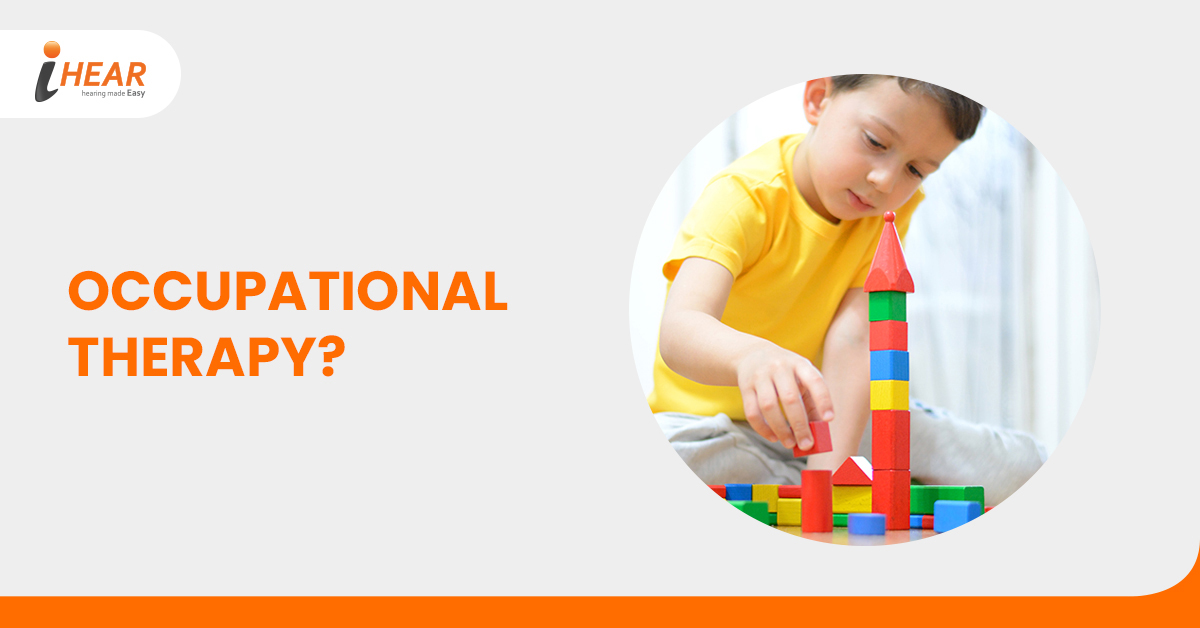The Effectiveness of Occupational Therapy in Stroke Rehabilitation
Stroke is a major health concern globally, often leading to significant physical and cognitive impairments that can drastically affect an individual’s ability to perform daily activities. Stroke rehabilitation aims to help individuals regain as much independence as possible and improve their quality of life. Among the various rehabilitation approaches, occupational therapy plays a crucial role in stroke recovery. This article explores the effectiveness of occupational therapy in stroke rehabilitation, highlighting its techniques, benefits, and the role of specialized centers.
Understanding Stroke Rehabilitation
Stroke rehabilitation focuses on helping individuals recover from the physical and cognitive deficits caused by a stroke. Rehabilitation often involves a multidisciplinary approach, including physical therapy, speech therapy, and occupational therapy. While physical therapy primarily addresses motor skills and strength, occupational therapy focuses on helping individuals regain the ability to perform daily activities and improve their overall function.
The Role of Occupational Therapy in Stroke Rehabilitation
Occupational therapy in stroke rehabilitation is designed to help individuals regain their ability to perform everyday tasks that are essential for independent living. Occupational therapists (OTs) work with stroke survivors to address both physical and cognitive challenges, enabling them to achieve their personal goals and improve their quality of life. Here are some key aspects of occupational therapy in stroke rehabilitation:
- Functional Skill Training: Occupational therapists work with stroke survivors to improve their ability to perform activities of daily living (ADLs) such as dressing, grooming, cooking, and managing personal hygiene. By focusing on these essential tasks, therapists help individuals regain independence and enhance their overall function.
- Adaptive Techniques and Equipment: OTs introduce adaptive techniques and equipment to assist individuals in overcoming physical limitations. This may include using assistive devices, modifying the home environment, and teaching alternative ways to perform tasks that accommodate physical impairments.
- Motor Skill Rehabilitation: Occupational therapy involves exercises and activities designed to improve fine and gross motor skills. Therapists use techniques to enhance hand-eye coordination, strengthen muscles, and increase dexterity, which are crucial for regaining function after a stroke.
- Cognitive and Perceptual Training: Stroke survivors may experience cognitive and perceptual deficits, such as difficulties with memory, attention, or spatial awareness. Occupational therapists provide cognitive and perceptual training to address these issues and improve overall mental function.
- Emotional and Psychological Support: The impact of a stroke can also affect an individual’s emotional and psychological well-being. Occupational therapists offer support and counseling to help individuals cope with the emotional challenges of recovery, set realistic goals, and stay motivated throughout the rehabilitation process.
- Personalized Treatment Plans: Occupational therapy involves creating personalized treatment plans based on the individual’s specific needs, goals, and progress. This tailored approach ensures that the therapy is relevant and effective for each person’s unique situation.
Benefits of Occupational Therapy in Stroke Rehabilitation
The effectiveness of occupational therapy in stroke rehabilitation can be observed through various benefits that contribute to improved recovery outcomes:
- Enhanced Independence: One of the primary goals of occupational therapy is to help individuals regain independence in performing daily activities. By improving functional skills and providing adaptive techniques, individuals can perform tasks more effectively and with greater confidence.
- Improved Quality of Life: Occupational therapy addresses both physical and cognitive impairments, leading to an improved quality of life. Individuals who participate in occupational therapy often report higher levels of satisfaction with their ability to engage in meaningful activities and participate in social interactions.
- Increased Motivation and Engagement: By setting realistic goals and providing support, occupational therapy can increase motivation and engagement in the rehabilitation process. This active participation is crucial for achieving positive outcomes and maintaining progress.
- Holistic Approach to Rehabilitation: Occupational therapy takes a holistic approach to rehabilitation, addressing physical, cognitive, and emotional aspects of recovery. This comprehensive approach ensures that all facets of the individual’s well-being are considered and supported.
- Family and Caregiver Education: Occupational therapists also educate family members and caregivers on how to support the stroke survivor effectively. This education helps create a supportive environment that promotes recovery and enhances the individual’s ability to function at home.
Specialized Occupational Therapy Centers
In many regions, including Kolkata, specialized occupational therapy centers offer comprehensive stroke rehabilitation services. These centers are equipped with skilled therapists and state-of-the-art resources to support stroke survivors in their recovery journey. Key centers and resources include:
- Occupational Therapy Centers in Kolkata: These centers provide a range of services tailored to stroke rehabilitation, including functional skill training, cognitive and perceptual therapy, and adaptive techniques. They offer personalized care plans and support to address individual needs.
- Rehabilitation Facilities: Specialized rehabilitation facilities may include occupational therapy as part of a multidisciplinary approach to stroke recovery. These facilities often offer a range of therapies and services to support comprehensive rehabilitation.
- Online Resources: Platforms such as ihear.in may provide information on available occupational therapy services and resources, helping individuals and families connect with appropriate care options.
Occupational therapy is a vital component of stroke rehabilitation, offering effective strategies and techniques to support recovery and improve quality of life. By focusing on functional skill training, adaptive techniques, cognitive and perceptual training, and emotional support, occupational therapists play a crucial role in helping stroke survivors regain independence and achieve their personal goals. Specialized centers and resources in Kolkata further enhance the availability and quality of occupational therapy services, providing valuable support for individuals on their path to recovery.

